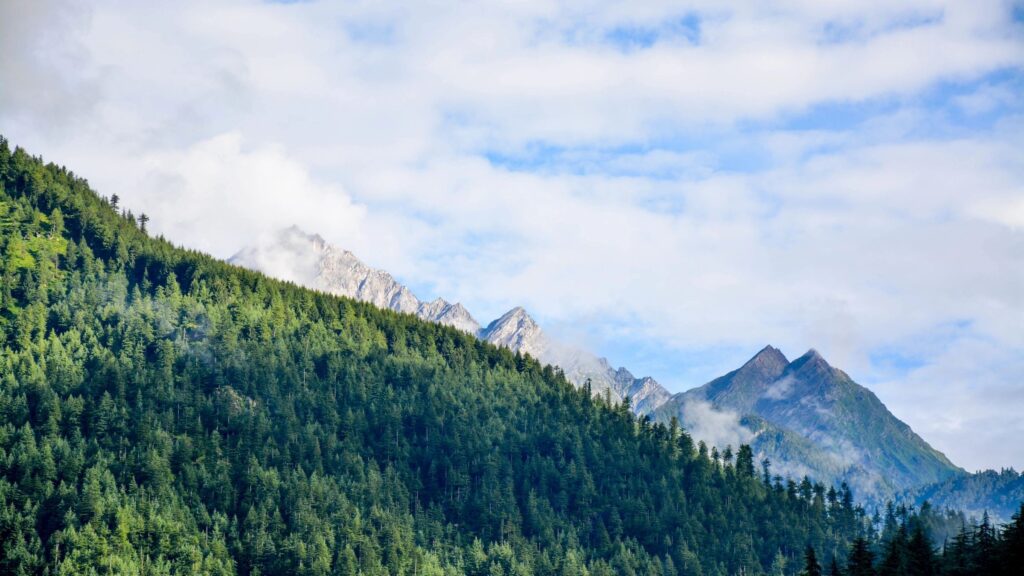
Several of the hundreds of American citizens who were left to fend for themselves in Afghanistan after the U.S. military’s disastrous withdrawal have expressed approval of their adopted country’s relatively loose COVID restrictions.
Speaking to Order World News, Aazar Muzanni and Hesther Abdul confessed to having a favorable view of how Afghanistan’s ruling political class, the Taliban, has handled the SARS-CoV-2 pandemic. Having been marooned in the war-torn territory since U.S. forces cut and ran last summer, the professional translators have been subjected to nonstop harassment and even imprisonment by the hostile Islamic fundamentalists. However, they enjoy not being subjected to an experimental gene therapy regimen in exchange for social privileges.
“We’ll probably lay low here for awhile,” admitted Muzanni. “Though it is pretty dry, and my hay fever is really acting up in this country, at least here our rights are denied for our immutable qualities and not for our decision to await the results of the clinical trials of these injections before committing our bodies to a worldwide medical experiment.”
Muzanni and Abdul have each spent nearly a decade in the landlocked nation, serving as interpreters and translators for the U.S. Embassy in Kabul, which suspended its operations on August 31, 2021. Since that day, the U.S.-born pair has been attempting to evade torture and execution at the hands of the Islamic Emirate of Afghanistan, the officially adopted name of the Taliban. Though currently in detention at an undisclosed location somewhere windy with lots of dust, and blindfolded with loaded automatic rifles pointed at their backs, neither American has claimed any interest in returning home just yet.
“They show more respect for our personal choices here,” revealed Abdul. “When they command us to march, they don’t tell us how. They don’t make us wear masks either, although I do to keep sand out of my face. The blindfolds actually help with that, too.”
Despite their precarious situation, both captives are holding onto hope that a bright future is around the corner. “Maybe we’ll make it back to the ‘land of the free’ one day,” Muzanni added, utilizing air quotes when referring to his homeland. “I just thank God we’re not in New Zealand or Australia.”
